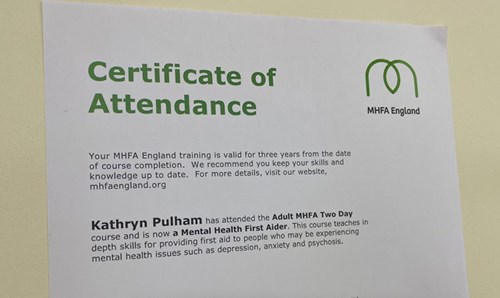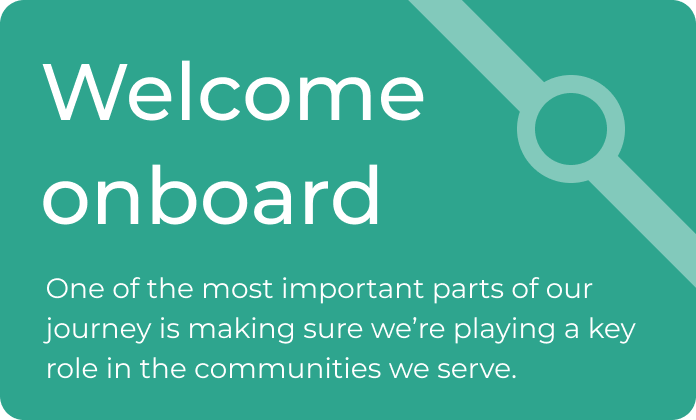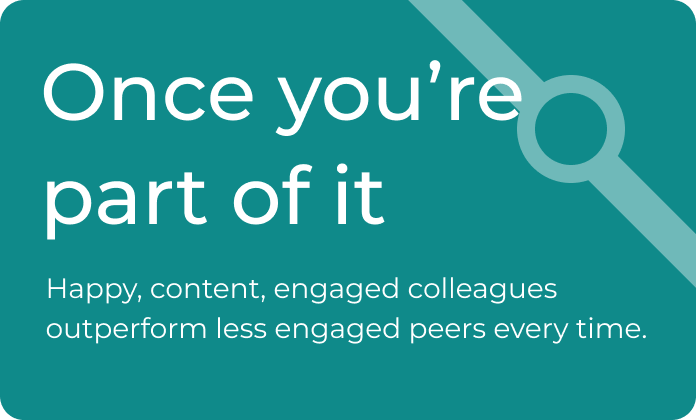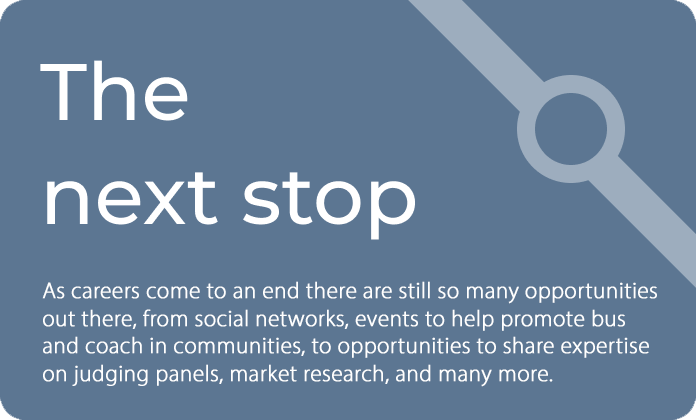Mental health problems have been becoming more prevalent over recent years, driven in large part by increasingly contact-free ways of working and living. The role of social media has made a particularly devastating contribution to this trend, having been purposefully designed to exploit flaws in the human psyche. Layer on top of this an already worsening scenario as well as a global pandemic and it can be no surprise that professionals in the field talk in apocalyptic tones about a tsunami of mental health challenges ahead.
A large part of our industry workforce is made up of men (80%), many of which find it difficult to open up about how they are feeling. Traditionally men are the “strong” ones, the breadwinners and have not lost the need or to live up to the societal expectation, of being in control. These things make them less likely to reach out for help and support.













